Dem OLIGARCHY?! Pelosi-Feinstein-Newsom Family Business, Political DYNASTY EXPOSED:
“Protect and enrich.” This is a perfect encapsulation of the Clinton Foundation (TWO GAMER LAWYERS - OWNED BY GEORGE SOROS) (WHAT ABOUT THE CHINA BIDEN PENN CENTER?) and the Obama (TWO GAMER LAWYERS - OWNED BY GEORGE SOROS) book and television deals. Then there is the Biden family (FOUR GAMER LAWYERS - JOE, HUNTER, JAMES, FRANK - OWNED BY GEORGE SOROScorruption, followed closely behind by similar abuses of power and office by the Warren (GAMER LAWYER) and Sanders families, as Peter Schweizer described in his recent book “Profiles in Corruption.” These names just scratch the surface of government corruption (ADD GAMER LAWYER KAMALA HARRIS (WANTS TO BE OWNED BY GEORGE SOROS) AND HER LAWYER HUSBAND AND THE BANKSTERS’ RENT BOY, LAWYER CHUCK SCHUMER, OWNED BY GEORGE SOROS, AND GEORGE SOROS’ RENT BOY GAMER LAWER TONY BLINKEN, GEORGE SOROS RENT BOY,AS WELL AS CON MAN ADAM SHIFF) AND HIS CORRUPTNESS BOB MENENDEZ STILL EVADING PRISON.
BRIAN C JOONDEPH
Gavin ‘Gruesome’ Newsom weds his state to a foreign communist province to ‘fight climate change’
The fact that a seedy and unregulated Chinese-linked lab containing bioweapons can somehow operate right next door to a naval base in California undetected for months while the FBI simultaneously hunts down every single American that breathed near D.C.’s capitol or mentioned anything about stolen elections on social media, makes even more sense in the context of Gavin Newsom’s recent press release—anti-American actors have friends in the highest of places.
On August 3rd, Newsom’s office announced that California had partnered with the Chinese province of Hainan to “fight climate change.” What a strange marriage, considering China remains the number one producer of CO2 in the world, and emits more than twice as much as the United States. The objective of the accord, signed by both Newsom and Hainan’s Vice Governor Chen Huaiyu, read:
The purpose of this Memorandum of Understanding is to establish a flexible framework between the Participants in order to permit them to collaborate on protecting the environment, combating climate change and advancing clean energy development.
So what do those collaborative efforts look like? Among other things, the scheme iterates the “implementation of carbon neutrality plans” and the “deployment of zero emission vehicles” along with the “phase-out of fossil fuel” engines.
Almost sounds like wartime language if you were to ask me; “neutralizing” carbon strikes a familiar chord with, “You are the carbon they want to reduce.”
Furthermore, how do Newsom and Chen intend to coordinate their efforts? From the text:
The Participants [California and Hainan] respectively designate the Hainan Provincial Development and Reform Commission, the Department of Ecology and Environment of Hainan Province, the Department of Agriculture and Rural Affairs of Hainan Province, the Department of Industry and Information Technology of Hainan Province, the Department of Education of Hainan Province, the Department of Housing and Urban-Rural Development of Hainan Province, the Department of Transport of Hainan Province, and the Hainan Provincial Administration for Financial Regulation, as well as the California Environmental Protection Agency and the California Natural Resources Agency, in coordination with sister agencies such as the California State Transportation Agency, to establish the creation of an action plan to implement the objectives of this Memorandum of Understanding [emphasis added].
Eight state agencies from Hainan, from education to “rural affairs” to IT, and three California bureaus, “designate[d]” to enact the measures outlined in the MOU; California is acting like a sovereign nation, and after all, it has every right to.
Obviously though, Newsom’s political methods are nefarious in nature—tightening ties with communist regimes is not in the best interest of the people. But why don’t the Republican governors who rant against Joe Biden, a corrupt and rogue FBI, a tyrannical IRS, or any other federal abomination act like the executives they legally are?
Why can’t I buy incandescent light bulbs anymore? Well, because Kay Ivey won’t stand up to the Department of Energy. Why do Texans have to deal with endless invaders and the fallout that inevitably accompanies the hordes? Because Greg Abbott won’t defy the diktats of the Department of Homeland Security. Why do Tennesseeans seeking a tax haven still have to pay the federal pizzo? Because Bill Lee won’t expel IRS agents and defend his borders against D.C. stormtroopers.
Like the federal president, each governor is the top executive; therefore, each governor is bound to execute the law of his land, which at the root of it, is each state constitution, respectively.
Alabama didn’t ban incandescent light bulbs; a bunch of unelected bureaucrats did. Texas didn’t erase the statutes on the books regarding the immigration process; Alejandro Mayorkas just has no respect for the rule of law. Tennessee didn’t enact an unapportioned direct tax (in direct violation of Article I, Section 2), rather Abraham Lincoln and corrupted federal interests seized an opportunity to obliterate the prosperity and economic freedom envisioned by the Founders.
Republican governors are playing into a system of a federal government supremacy over subject States—I suspect it’s an orchestrated slow boil—and it’s incompatible with the Union’s original design. The created, or the federal government, is never greater than the creator, or the States.
Image: John Trumbull, Public domain, via Wikimedia Commons.
Rubio Asks DOJ To Investigate Chinese Funding of Left-Wing Activists
'Combatting Beijing’s malign influence must be a key objective for the DOJ,' Rubio says
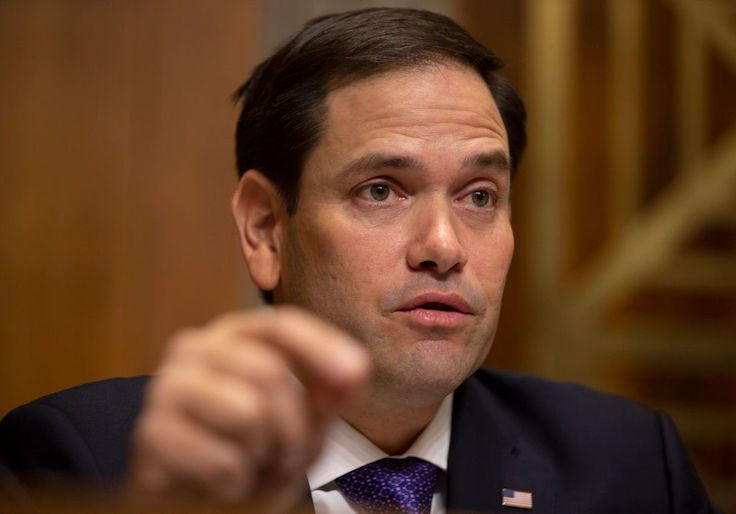
Sen. Marco Rubio (R., Fla.) is calling on the Department of Justice to investigate U.S. left-wing activist groups linked to an international Chinese Communist Party funding network and slammed the Biden administration for being "unaware or ambivalent to this growing threat."
Rubio, one of the top China hawks in Congress, said he is concerned that "far-left organizations that are reportedly tied to the Chinese Communist Party" are "operating with impunity in the United States," in a letter to Attorney General Merrick Garland obtained by the Washington Free Beacon on Wednesday. He called on Garland to investigate whether the groups violated the Foreign Agents Registration Act by failing to register as agents of China.
The senator’s letter follows a bombshell New York Times report that uncovered a dark-money network run by an American tech mogul, Neville Roy Singham, that promotes pro-Chinese government propaganda through an array of U.S. left-wing nonprofit groups.
Some of the organizations receiving funding from the network include Code Pink, No Cold War, the United Community Fund, and the Justice and Education Fund, according to the Times. The groups have pushed progressive policies alongside pro-China talking points, such as downplaying the government’s genocide against Uyghurs.
The Foreign Agents Registration Act requires groups and individuals that engage in political activities or lobbying on behalf of foreign interests to register as foreign agents. The DOJ has ramped up its enforcement of the law in recent years, bringing high-profile FARA cases against former professor Gal Luft, who allegedly failed to register his work for a Chinese think tank that also paid Hunter Biden, and against former Trump campaign chairman Paul Manafort, who pleaded guilty after failing to disclose his work for a pro-Russia political party in Ukraine.
"Combatting Beijing’s malign influence must be a key objective for the U.S. Department of Justice," wrote Rubio. "Unfortunately, it appears the DOJ is either unaware or ambivalent to this growing threat."
The senator asked the attorney general to "immediately investigate" Code Pink and seven other groups for "potential violations of the Foreign Agents Registration Act."
"The CCP is our greatest adversary, and we cannot allow it to abuse our open system to promote its malign influence any longer," wrote Rubio.
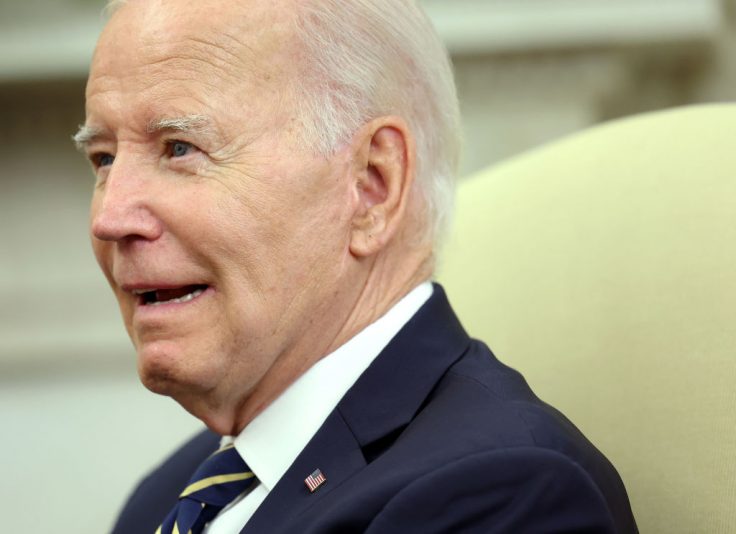
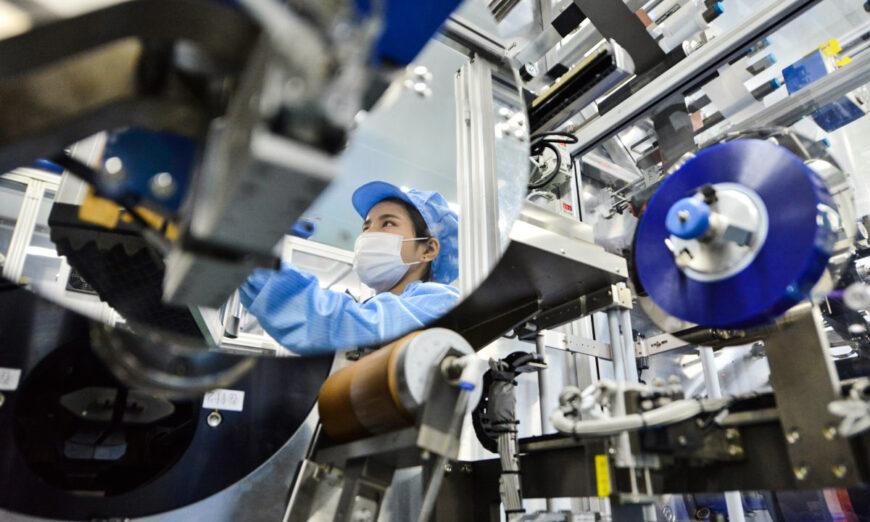

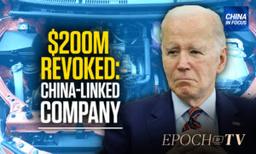



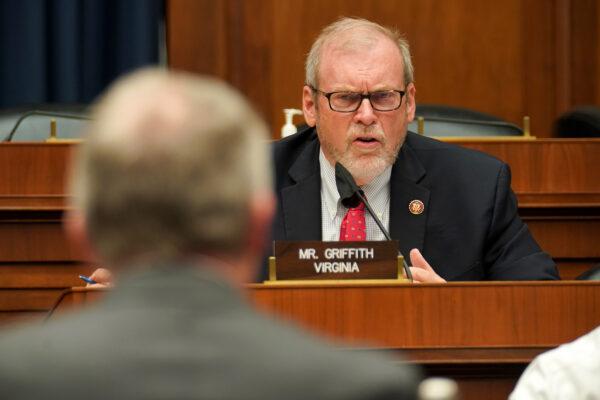
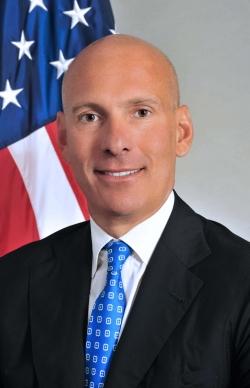
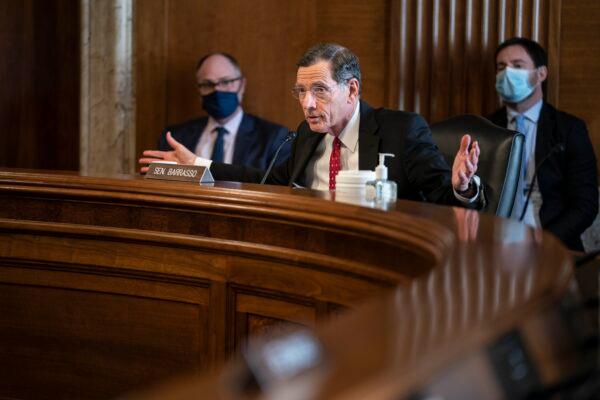
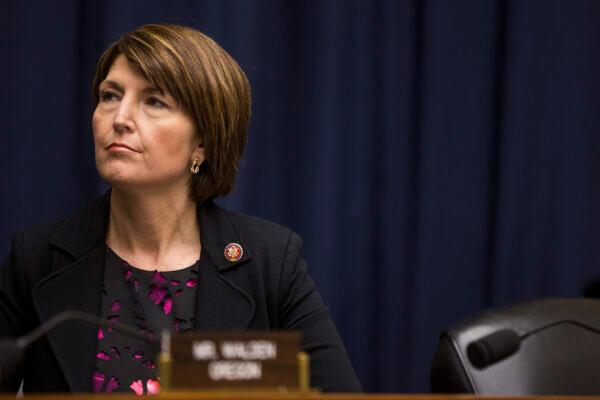
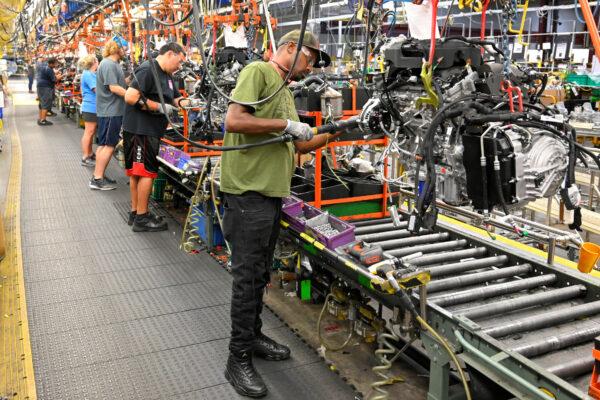
No comments:
Post a Comment